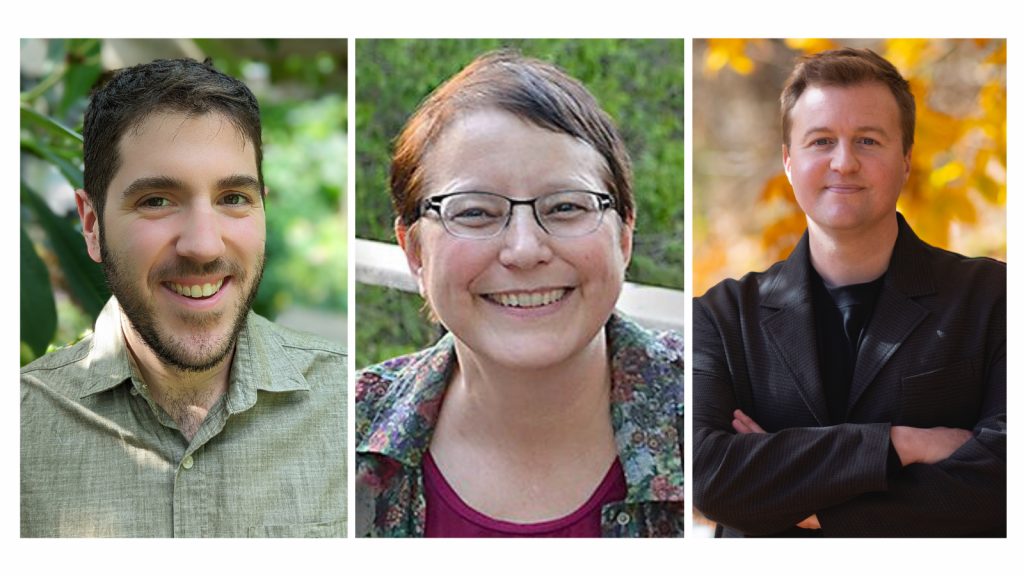How can we advance data science integration in policy settings and build programming and training to enable new capacity in advancing data science in the public service?
To address this challenge, the Data Sciences Institute (DSI) and the Dalla Lana School of Public Health (DLPSH) are launching the Policy Lab, to advance the integration of data sciences in the design and development of public policies, creating a healthier and more just society.
The Policy Lab will engage in strategic partnerships with ministries, agencies, and various policy-oriented groups to strategize on the most effective ways to build capacity and demand across the public sector for data sciences insights. By collaborating with these groups, the Policy Lab intends to cultivate a vibrant community of data scientists and data science users, leading to increased utilization of data sciences across diverse policy domains.
One of the key features of the Policy Lab is its hosting of visiting Researchers-in-Residence from the public sector, who will focus on building and advancing data science within the health system. The goal is to advance data science integration in policy settings and build programming and training to enable new capacity in advancing data science in the public service that effectively meets the needs and realities of working with data in this type of setting.
“By collaborating with the Data Sciences Institute and the Dalla Lana School of Public Health, we have a unique opportunity to leverage data-driven insights in designing and implementing evidence-based policies that positively impact the health and well-being of Ontarians,” says Dr. Michael Hillmer, Assistant Deputy Minister of Digital and Analytics Strategy, Ontario Ministry of Health/Ministry of Long-Term Care.
The initial focus of the Policy Lab will be on public health and health systems, with insights generated from this work serving as a foundation for future projects in data sciences and public policy across various sectors. To foster collaboration and knowledge exchange, the Policy Lab will define compelling data science use cases motivated by real examples from the public sector and engage policymakers and stakeholders from diverse backgrounds to advance critical dialogues on data science for policy.
Laura Rosella, Associate Director of Education & Training, DSI and Associate Professor, DLSPH, expressed her enthusiasm for the launch of the Policy Lab, stating: “Through the Policy Lab, we have an unprecedented opportunity to shape the future of public policy and transform the way we approach complex societal challenges. We are excited to work with our partners to advance data science integration and empower the public service with the necessary tools and training to use data to support decision-making that improves population health.”
The launch of the Policy Lab marks an important milestone in the convergence of data sciences and public policy. As data-driven decision-making becomes increasingly crucial, the Policy Lab paves the way for transformative policy interventions that prioritize health and equity.

